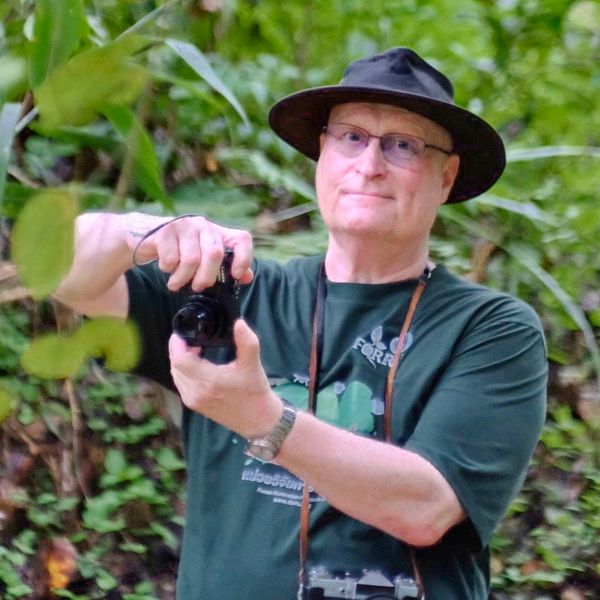Factors affecting germination of tree seeds from dry tropical forests in northern Thailand

Hardwick, K & S. Elliott, 1992. Factors affecting germination of tree seeds from dry tropical forests in northern Thailand. Biology Department, Science Faculty, Chiang Mai University. Internal Research Report.
Contributors
Kate Hardwick carried out the first research on forest tree seeds in our group in 1992, in a small nursery within CMU's Biology Department, whilst she was a volunteer with the Dhammanaat Foundation. She was the first to realize that seed dispersal time and dormancy are related. Her experiments paved the way for FORRU-CMU's nursery-based research program, which started a couple of years later, when the unit was founded. This project encouraged Kate to study for a PhD on forest regeneration at CMU and Bangor University. She still works on tree seeds at Kew's Millennium Seed Bank in the UK.
ABSTRACT: Seeds of 101 tree and liana species were sown, of which 78 germinated. At least 50% germination was achieved by 28 species. Dormancy of up to 37 weeks was common and was more prevalent among species of Thailand's seasonal forest than in Malaysian tropical rain forest. Dormancy may be linked with season of seed dispersal, tending to be longer for species dispersed at the end of the rainy season and during the cool season, and shorter for those dispersed during the hot season and beginning of the rainy season. This was not true of all species though.
The effect of different stages of ripeness and various pre-sowing treatments were tested, including cleaning, scarification, fire and storage until the end of the dry season. Three species tested with removal of pulpy flesh, varied in their germination response, but for three other species with aril coated seeds, removal of the aril did not increase germination. Seeds of three species planted with and without unopened normally dehiscent seed cases germinated poorly and were probably immature. Of two species with winged seeds, germination was not improved with wing removal. Of species treated with scarification, three responded negatively, three positively and 19 had no significant response. Further research using a more quantitative method of scarification is recommended. Of species treated with fire, germination rates of all was either zero or much reduced, compared with controls. Only two out of 13 species tested germinated better after dry storage until the end of the dry season. Ripeness was a crucial factor influencing germination rates, but must be determined separately for each species.
It was concluded that more research is needed, including a study of germination in the forest, in order to improve overall germination rates and to understand the mechanisms by which dormancy prevents germination.



